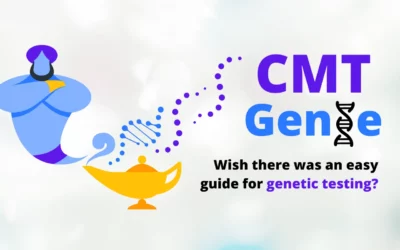Hypotonia, or low muscle tone, can be caused by a variety of factors, including genetic conditions like Charcot-Marie-Tooth (CMT) disease. However, there are many other potential causes, so it’s important to get a proper diagnosis from a medical professional.
To begin with, it would be best to schedule an appointment with a pediatrician, who can perform a physical exam, review the baby’s medical history, and determine whether further testing is necessary.
If there is a suspicion of CMT, the pediatrician may refer you to a neurologist or geneticist for further evaluation. These specialists can perform additional tests, such as nerve conduction studies and genetic testing, to confirm or rule out a diagnosis of CMT.
Treatment for CMT depends on the specific subtype and the severity of the symptoms. For example, in CMT type 1a (PMP22 duplication) – hypotonia can be seen if they have 17p11.2 duplication syndrome (this region involves PMP22 but also other genes). It could be mistaken for Potocki-Lupski syndrome phenotype which presents with weak muscle tone (hypotonia) and swallowing difficulties (dysphagia) that lead to feeding problems, slow or stunted growth and failure to gain weight at the expected rate (described as failure to thrive).
There is no cure for CMT, but there are various supportive treatments that can help manage symptoms and improve quality of life. These may include physical therapy, orthotics, and medications to manage pain and other symptoms.
As your child grows older, their symptoms may change and require ongoing management. Regular follow-up with medical professionals is important to monitor their progress and adjust treatments as needed.













0 Comments